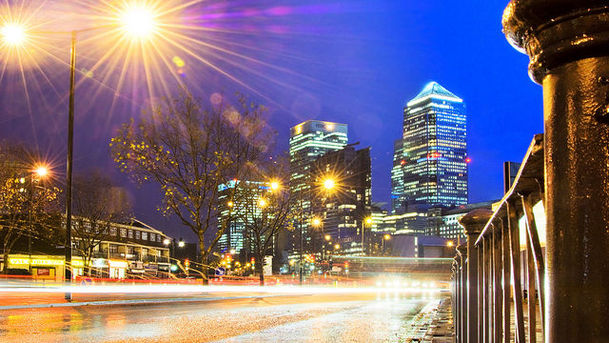Newsnight - 03/08/2009

In-depth investigation and analysis of the stories behind the day's headlines, with Kirsty Wark. Despite the worst recession in decades, banking giants Barclays and HSBC have announced multi-billion pound half-year profits. Both banks shored up their finances without government bailouts, but have benefited from government guarantees of loans and assets. Much of the profit at Barclays comes from the bank's investment arm, where the average six-month salary is 100,000 pounds. Has anything changed after the banking crisis? Richard Watson investigates if the bankers are cashing in while the rest of us pay for their mistakes. Seven weeks after the disputed presidential poll which prompted mass protests and deep divisions within Iran's elite, the Supreme Leader Ayatollah Ali Khamenei has formally endorsed Mahmoud Ahmadinejad as winner of the election. Senior Iranian political figures have snubbed the ceremony. Gordon Corera reports on the divisions faced by Ahmadinejad within his own political support base, and the rifts exposed within the clergy. The Rorschach test, a psychological evaluation comprising a series of ten inkblot plates created by a Swiss psychiatrist nearly 90 years ago, now features on the online encyclopedia Wikipedia, complete with interpretations of patients' responses. The move has sparked a furious debate between psychologists and supporters of the free access ethos, who oppose suppression of information. Plus, David Grossman is in California where Governor Arnold Schwarzenegger has approved spending cuts of more than half a billion dollars to the state's budget. Deep cuts will be made in child welfare, health care for the poor, and HIV/Aids initiatives.